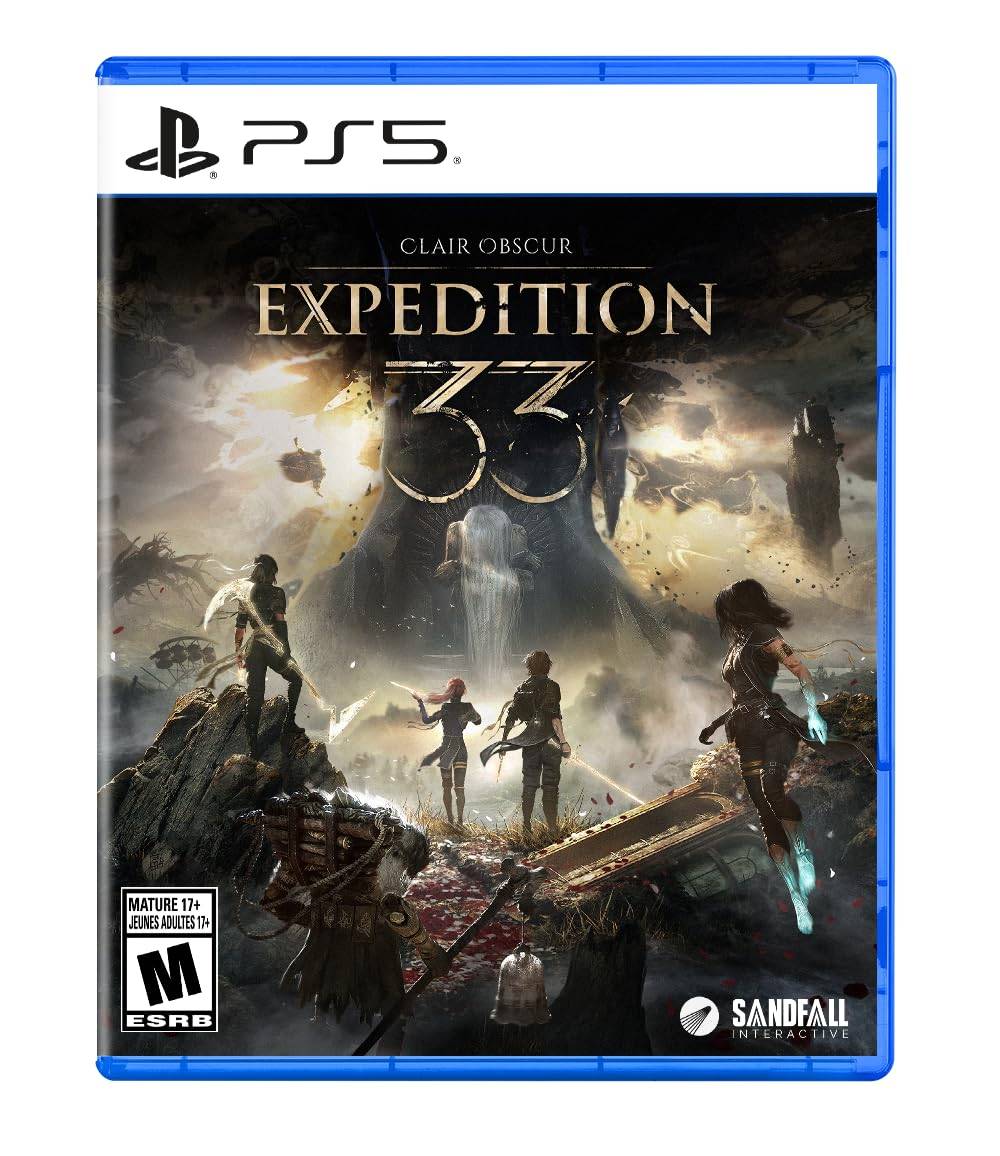A recent report from the research firm Newzoo suggests that while the storm may be closing in on the battle royale genre, Fortnite remains a dominant force. The PC & Console Gaming Report 2025 by Newzoo outlines several shifts and trends within the gaming industry, with a notable decline in the battle royale genre. According to Newzoo's tracking, the genre's share of playtime has decreased from 19% in 2021 to 12% in 2024.
Using its Game Performance Monitor, which covers 37 markets (excluding China and India) across PC, PlayStation, and Xbox platforms, Newzoo reports that shooter and battle royale games together account for 40% of total playtime. As battle royale playtime has declined, there has been a corresponding increase in shooter playtime.
Despite the genre's overall downturn, Fortnite has significantly increased its market share within the battle royale category. Newzoo's data shows Fortnite's share of the genre grew from 43% in 2021 to an impressive 77% in 2024. This indicates that even as the battle royale genre shrinks, Fortnite is capturing a larger portion of the remaining playtime.
Role-playing games (RPGs) have also experienced significant growth, rising from a 9% share of playtime in 2021 to 13% in 2024. Newzoo highlights that 18% of RPG playtime in 2024 was dedicated to major releases from 2023, including titles like Baldur's Gate 3, Diablo IV, Honkai: Star Rail, Hogwarts Legacy, and Starfield.
The competition for gamers' attention is intense, as Newzoo's report notes. While stalwarts like Fortnite, Call of Duty: Warzone, and Apex Legends continue to thrive, other games struggle to maintain relevance. Meanwhile, both shooters and RPGs are gaining ground and capturing more of the gaming community's focus. The success of standout titles such as Marvel Rivals and Baldur's Gate 3 is a testament to this trend.
Fortnite's resilience can be attributed to its continuous updates, evolving content, and the diverse gaming experiences it offers within its platform. As time progresses, gaming trends will undoubtedly continue to evolve, reflecting changes in broader audience interests.















